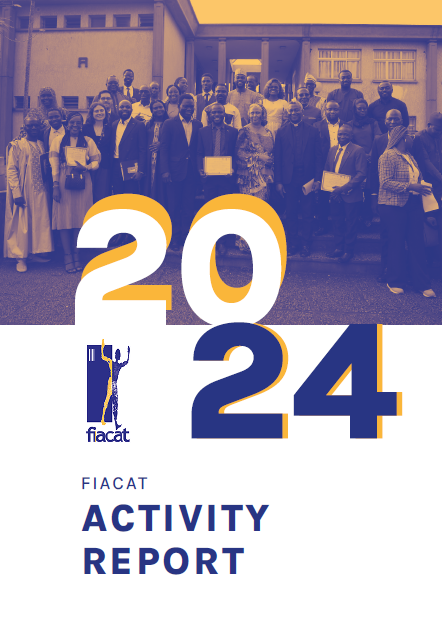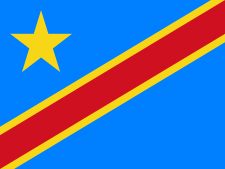Paris, Kinshasa, 2 January 2017 - On 31 December 2016, a ‘New Year’s Eve Agreement’ was signed by the Government of the Democratic Republic of Congo and the opposition, thanks to the mediation of the Catholic Church in Congo (National Bishops’ Conference of Congo). The agreement stated that presidential, parliamentary and local elections would be held before 31 December 2017, following Joseph Kabila’s second and last presidential term of office, which had expired on 20 December 2016 (given that the Constitution does not authorise him to stand again for election but does allow him to remain in power until his elected successor is installed) .
On 27 November 2017, the Bishops’ Conference condemned ‘serious infringements’ in the implementation of the New Year’s Eve Agreement and a ‘Lay Coordinating Committee’ of the Catholic Church called on church members to take part in a peaceful march after masses on Sunday, 31 December 2017, the official deadline, to demand the agreement’s full implementation.
The march was prohibited by Joseph Kabila’s government on 30 December. On 31 December, security forces made their way into churches, dispersed the congregations with tear gas, arrested priests and altar servers and shot those who tried to protest outside the churches. According to the UN, on 1 January 2018 provisional figures relating to police violence stood at eight dead. The UN Stabilisation Mission in the Democratic Republic of Congo (MONUSCO) reported 141 arrests.
FIACAT strongly protests against these serious violations of the right to peaceful assembly, freedom of expression and freedom of religion and, above all, against these extrajudicial executions and arbitrary arrests. It calls on the Democratic Republic of Congo to comply with the International Covenant on Civil and Political Rights (ICCPR) and the African Charter on Human and Peoples’ Rights (ACHPR), under which it is required to respect and guarantee the freedoms of expression and peaceful assembly and demonstration, as well as civil and political rights. The ICCPR lays down, in particular, the fundamental right to life and a total ban on torture and cruel, inhuman and degrading treatment.
FIACAT therefore calls for the immediate release of all those who have been arrested. It shares in the pain of the families of the dead and wounded. FIACAT also expressly recommends that an international investigation be conducted into these events in order to establish who was responsible, avoid any further recurrence of human rights violations and ensure justice and reparation for all the victims.
Media contact:
- Lionel Grassy: l.grassy@fiacat.org – +32 4 709 285 10




